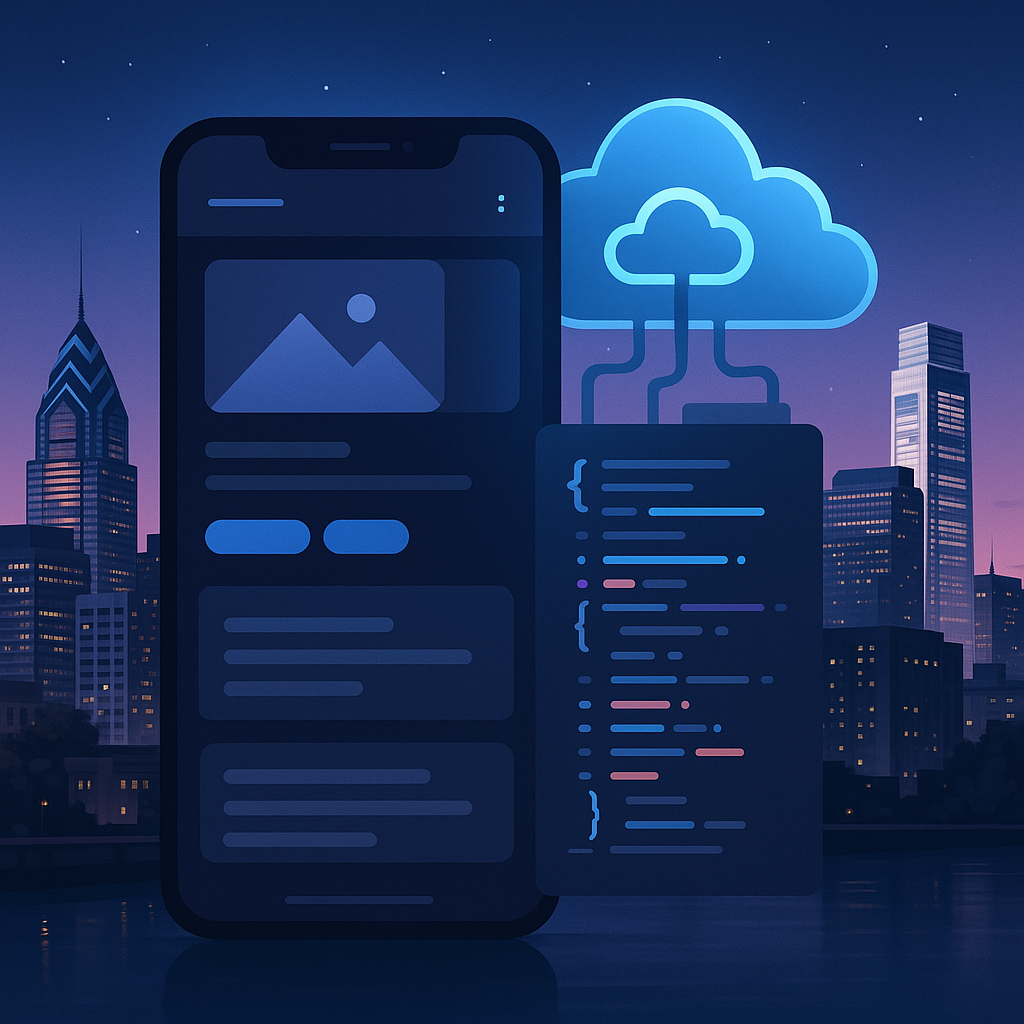What is Raspberry Pi?
Raspberry Pi is a type of computer which was developed in 2012 as an experimental tool. As a single-board computer that is usually about the size of a credit card, it is the perfect tool for those who want to learn more about computers on a basic level. Because these computers tend to be very inexpensive, they have a lot of appeal for industrial managers that want an effective solution at a low cost.
The Raspberry Pi (and its various clones) have come a long way and are now beginning to be used in serious devices. In this article, we will take a look at this subject. It might very well be that single-board compact computers are the future of computer-controlled devices.
Why Use Raspberry Pi For Industrial Applications?
All industries require industrial equipment, and nothing about them is cheap. They are expensive to acquire, expensive to maintain, and expensive to replace. In many cases, the control mechanism is the most expensive part, as it represents the only computer involved. So, why not use a compact single-board computer to save some money on such devices?
Of course, it’s not the best idea to go and replace the existing control module on your expensive industrial equipment. However, there is no reason that companies cannot hire engineers to design custom machines. For some industries, this is probably mandatory. The Raspberry Pi represents a cheap and versatile computer that can be paired with virtually anything else.
These computers are compatible with a variety of programming languages and operating systems, so the chances of a compatibility issue are low. As for RAM and computing power in general, they can be custom-made with as much or as little memory as needed. While the high-memory version is a little bigger, the whole thing is still very small.
Hobbyists will often use Raspberry Pi for remote monitoring devices. For instance, you might want to set up a security camera, a device that will keep track of the weather, or a device that will allow you to monitor livestock or wildlife. A tiny computer like this is just the thing for special-purpose computers that are meant for specialized devices. Of course, industrial processes require very precise monitoring. In some cases, an industrial process that goes outside of parameters can result in a horrific disaster. For instance, consider what happens when someone makes a mistake at the gunpowder factory!
Raspberry Pi devices make a great solution when close monitoring is needed. It makes complete sense that industrial owners would want a device that gives constant feedback in such a convenient way. Besides, safety advantages sound great to investors because of the reduced risk of lawsuits.
Most versions of the Raspberry Pi make use of an SD card instead of a standard hard drive. This is a very handy thing because of the portability and interchangeability that comes from a removable hard drive. If you want to look at all the data stored by the device (such as logs or images), you can just pull out the SD card and stick it into your personal computer or tablet.
Necessary Modifications
In order to use a Raspberry Pi for industrial use, there are several things that must be modified. When you buy one of these things, you are basically just getting a single circuit board with a few essential ports. Thus, you will need to add one or more of the following components:
- A user interface
- A control program
- Some kind of operating system
- Ports for any necessary cables
- Camera and/or microphone
- SD card and port
- A durable case
That last one is pretty important. Industrial settings tend to be dirty and chaotic, so you need to give this thing a very durable case. The ideal thing would be a case made of thick steel with rubber seals on the door, but this might be too heavy for some uses. Thick, waterproof plastic would be the next best thing. Whatever material you use for the casing, make sure that it fastens securely in such a way that even the finest dust is kept out.
Thankfully, there are many accessories on the market that are made to interface with the Raspberry Pi. This is a very good thing because it ensures the compatibility of every part. Without this kind of standardization, purchasing new parts would be a shot in the dark.
Of course, you will also have to write a program that runs the computer and makes it do what you want. If you need to hire a programmer for this job, it should be a lot easier to find one because this is such a familiar device. As we mentioned earlier, it can be programmed with quite a few different programming languages, including Python, Scratch, Java, C, and C++.
The Future
There is every reason to believe that this technology will continue to grow in popularity. In spite of its origins as an educational tool, this device has no real downsides. In most cases, a new technology takes a long time to be rendered into a practical and usable form. For instance, people first learned about the use of lasers in the 1950s, but it took several decades before that technology was used for anything outside the laboratory.
In most cases, this delay between invention and standard usage happens for one of four reasons:
- Too expensive
- Too difficult to use
- Too large
- Not reliable
The Raspberry Pi is not limited by any of these factors. It isn’t expensive at all, it’s one of the easiest computer boards you can get, it’s already in a convenient size, and it is known to be highly reliable. With nothing holding it back, this technology has nowhere to go except upwards.
No one needs to be told that the future is online. As more and more essential things move online, businesses and factories have to keep up with the times. Because Raspberry Pi devices are just miniature computers, they are already ready to connect to the internet. You may or may not need to add an ethernet port or Wi-Fi card, but it should be very easy in any case. Connecting an industrial control device to the internet allows anyone on the network to access its data (provided they have the appropriate permissions and passwords).
Conclusion
A lot of people have not heard of the Raspberry Pi, but anyone who knows about computer science has probably heard the name. Among those who are in the know, it has gained a reputation as the ultimate mini-computer. We hope that this article has given you some good ideas about how you can use these little tools for your next project.
Instead of shelling out for the latest and most advanced control devices, ask your tech department about the possibility of incorporating this kind of device. If you think this is a good idea, or if we have at least got you thinking, please fill out the contact form below so that we can share more of our expert wisdom.






